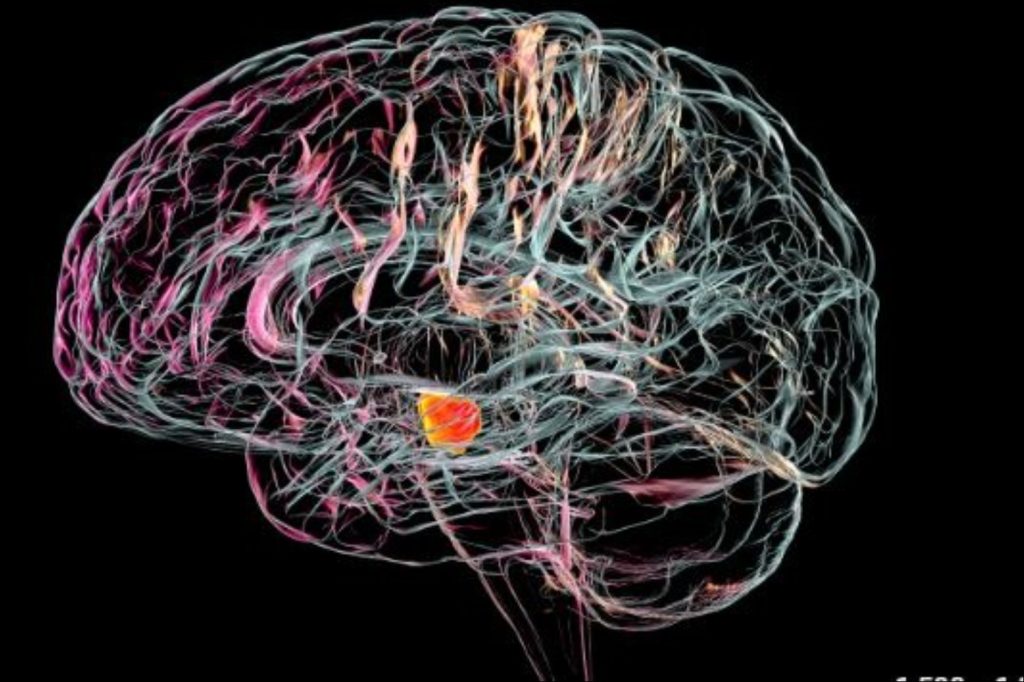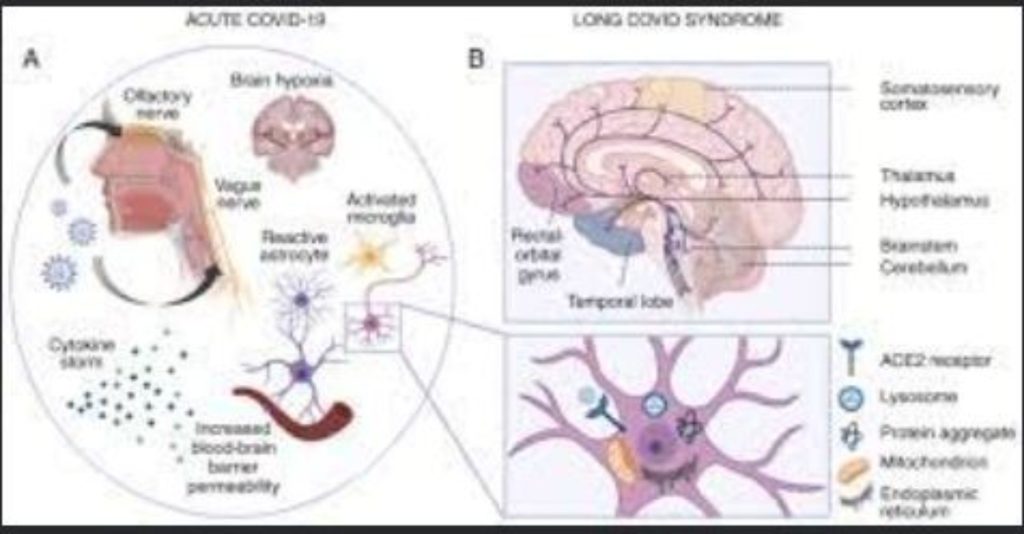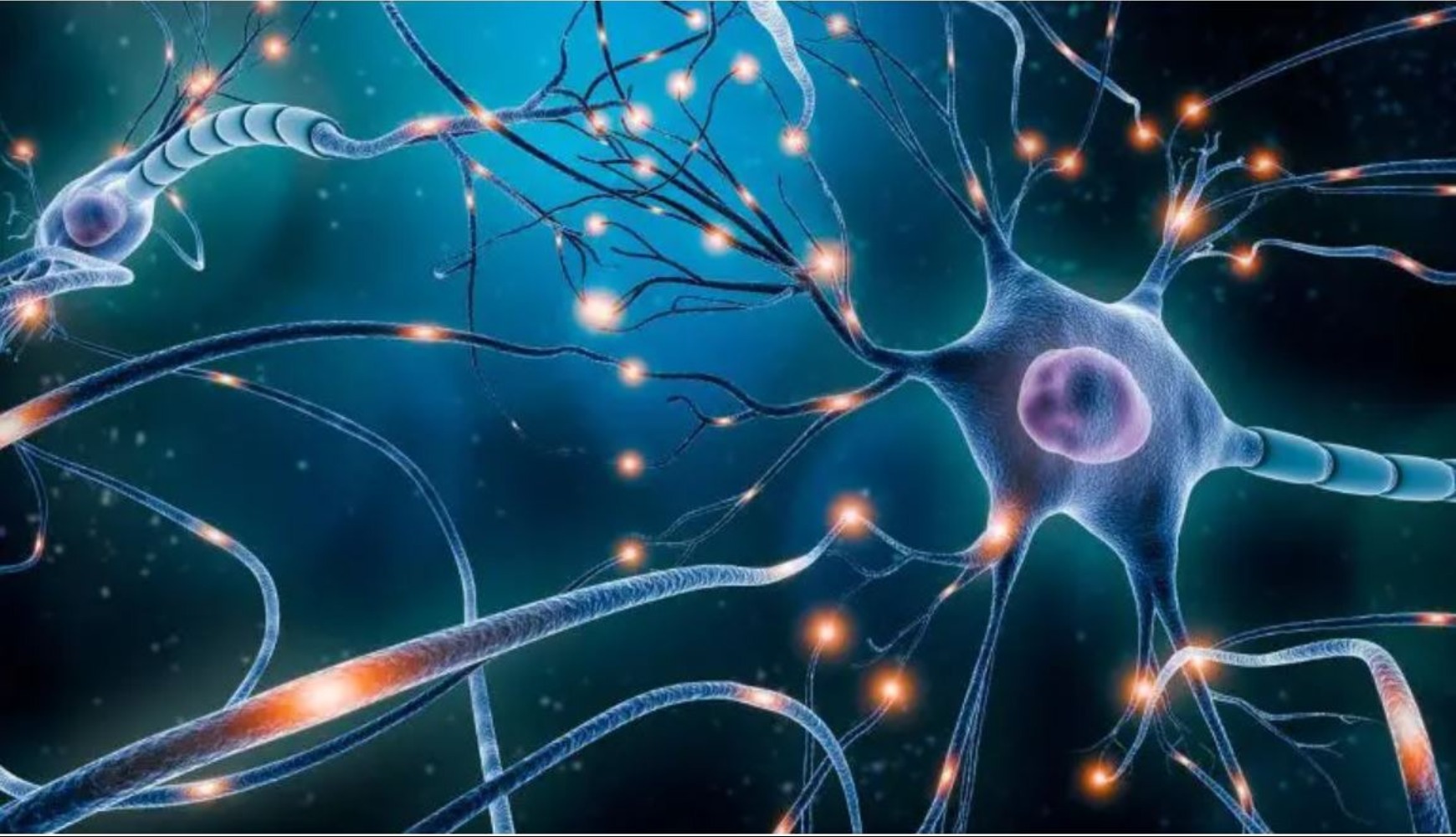A new study reported that SARS-CoV-2, the virus that causes COVID, can infect dopamine neurons in the brain and trigger senescence when a cell loses the ability to grow and divide.

The research shows that these neurons enter a state of senescence, ceasing to function and causing inflammation in the neural circuit. Further research on this finding may shed light on the neurological symptoms associated with long COVID such as brain fog, lethargy and depression. To subscribe please click tau.id/2iy6f and access our live channel.
Normally, these neurons produce dopamine, a neurotransmitter that plays a role in feelings of pleasure, motivation, memory, sleep, and movement. Damage to these neurons is also connected to Parkinson’s disease.
ALSO READ: New MRI Technique to Reduce Depression
Dr Shuibing Chen, director of the Center for Genomic Health, at Weill Cornell Medicine, said, “This project started out to investigate how various types of cells in different organs respond to SARS-CoV-2 infection. We tested lung cells, heart cells, pancreatic beta cells, but the senescence pathway is only activated in dopamine neurons,”
While the clinical relevance of these findings is still unclear, since dopamine neuron senescence is a hallmark of Parkinson’s disease, the researchers suggest that long Covid patients should be monitored for an increased risk of developing Parkinson’s-related symptoms.

Interestingly, not all neuronal cell types were vulnerable to viral infection. The researchers observed that cortical neurons were not permissive to SARS-CoV-2 infection under identical experimental conditions. The researchers also found that a small percentage of dopamine neurons exposed to SARS-CoV-2 were infected.
Though most people are exposed to COVID, only certain individuals will be impacted since many factors are involved in the risk for neurological symptoms including severity of the disease and genetics. Human population studies are exploring this aspect further.




